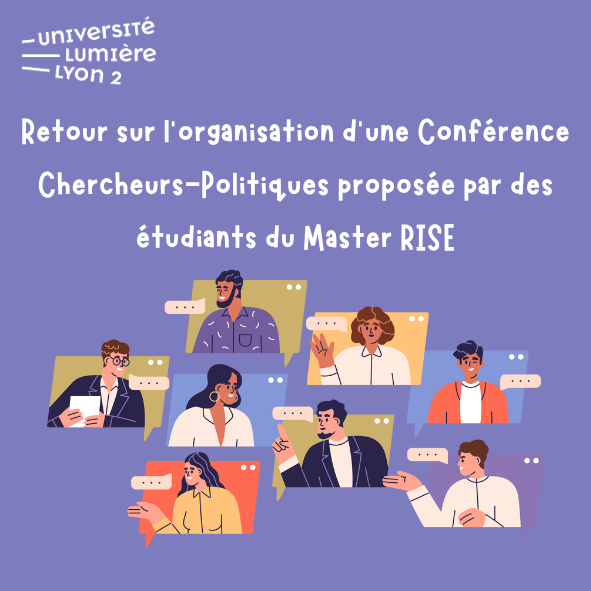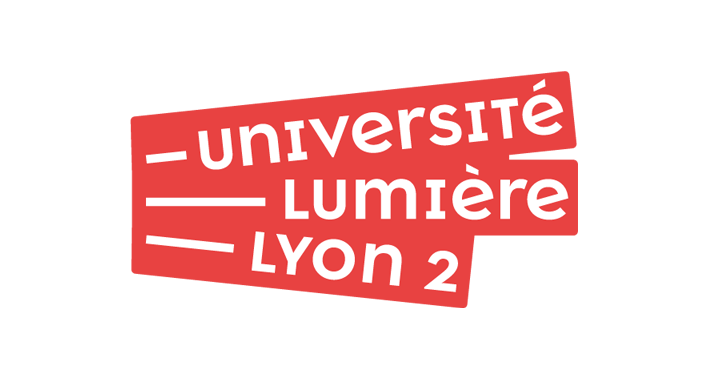Publié le 14 janvier 2025
–
Mis à jour le 18 février 2025
le 7 janvier 2025
Hors les campus
On the 7th of January, the MILC hosted a conference-debate entitled ‘Flooding, pollution, urbanisation: how to protect the Lyon Metropolis’. We spoke to the organizers about the challenges of hosting an event that brings together researchers and politicians.
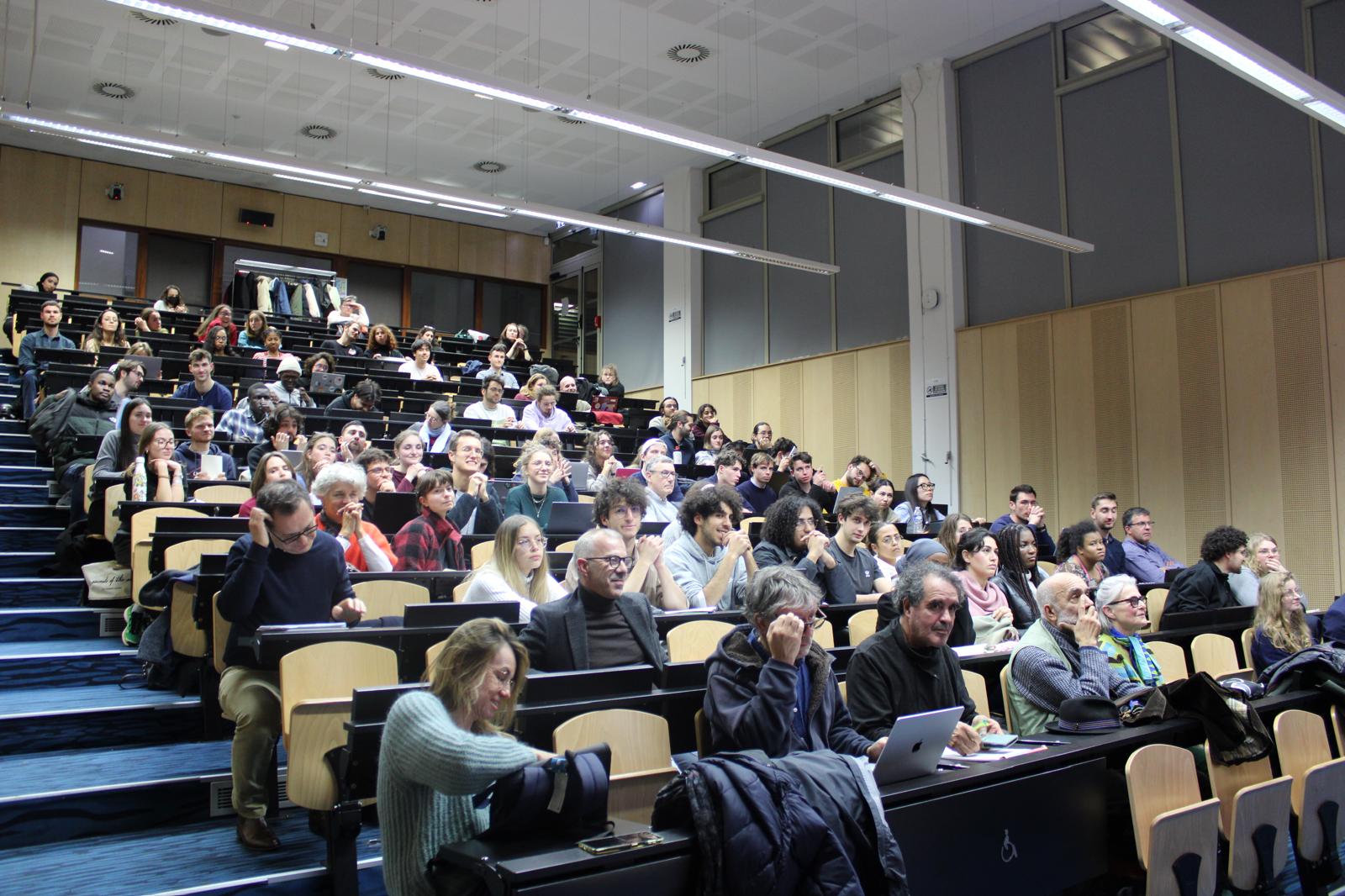
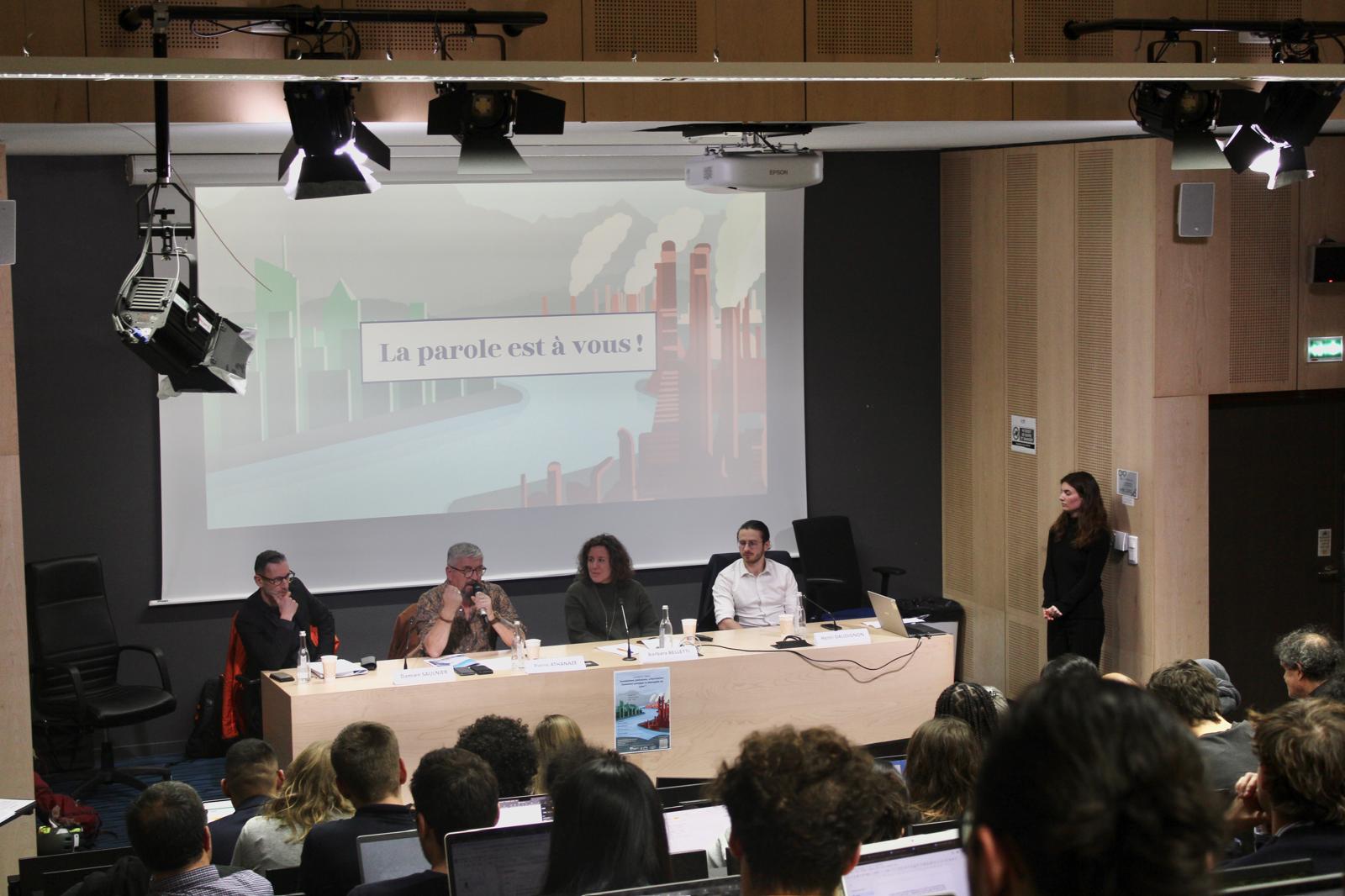
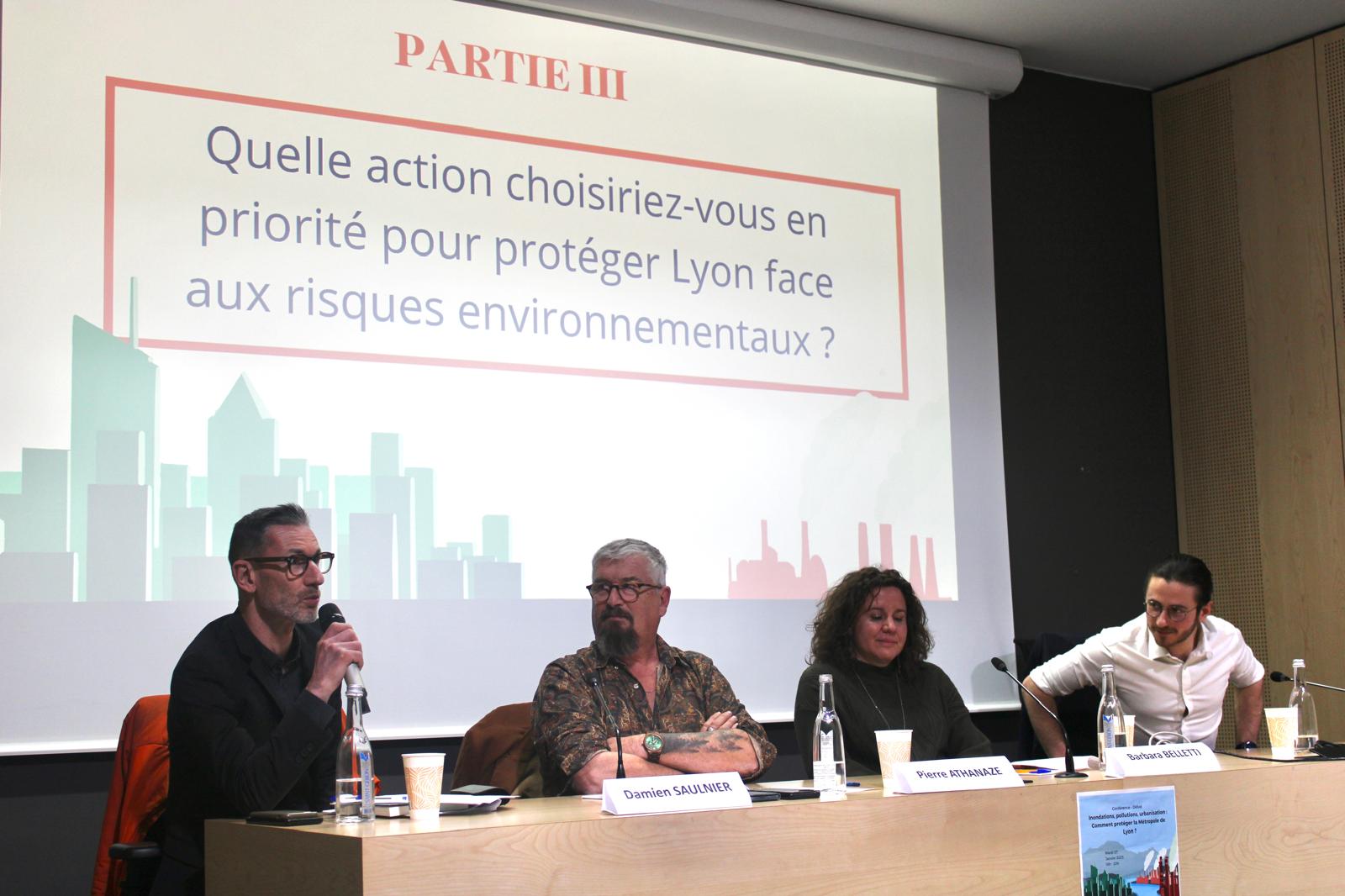
- Pierre Athanaze - Vice-Chairman of the Lyon Metropolitan Area
- Henri Daudignon - Public Sector and Climate Analyst at Agence France Locale
- Damien Saulnier - Head of the ‘resources and sustainability of territories’ workshop at UrbaLyon
- Barbara Belletti - CPJ (Junior Professorship) hydrosystems researcher at the CNRS
The 7 student organisers of the RISE Masters (Risks and Environment/Environmental Risk Governance), Abir BELMAMOUN, Nadège CHATAFIAN, Mathis COCHET, Emma DENIS, Clémence LEROUGE, Jeanne MARLAND and Anne-Laure WARDE agreed to give us their feedback.
How the idea came aboutHow did the idea for this conference-debate come about? Was there a particular event or observation that motivated this project? Last September, we received a list of lecture topics to be distributed among the Master's students. Our subject, which was initially proposed by Victoria Chiu, our referent professor, was ‘Environmental risk management on the alluvial plains of major metropolises’. All 7 of us volunteered to prepare this conference-debate in the best possible way. This subject, which is at the heart of our course, is a growing problem for many cities around the world that are located next to a major river. We chose to focus on the Lyon metropolitan area, where we felt the management of environmental risks was a very enriching subject to discuss. |
Academic frameworkWhat involvement did the teaching team have in developing the project? This conference is part of a unit of our RISE (Risques et Environnement/Gouvernance des Risques Environnementaux) master's degree. Two professors supervised us during the preparation of our conference: Philippe Polomé, who is in charge of the ‘conference’ unit, and Victoria Chiu, professor and researcher in environmental law and water law. We had two meetings with Ms Chiu, one in early October and one in mid-December. The first gave her the opportunity to explain to us what was expected of a conference and to define the subject more precisely. The second meeting in December was mainly to give us a final update and some final recommendations. We had 15-minute meetings with Mr Polomé twice a month, at which we were able to review progress and ask questions about the organisation if we had any. |
Selection of speakers and invitationsHow did you select the speakers for this conference? What criteria guided your choice? How did the invitation process work? Did you have any problems getting feedback? The aim was to choose speakers from a variety of backgrounds to get an overview of the subject. In building our plan, we began to target the speaker profiles that might be relevant. That's why we decided to bring in a researcher to provide the scientific and theoretical side, a Policy-Maker in the public sector to talk about the projects and specific features of the city of Lyon, a consultancy firm that could talk to us about the reality on the ground and the concrete solutions that exist, and finally a key player in the economy to talk about the financing side. We then searched the internet and our network for people who could match these criteria. Also, during the Economic Days, we attended a conference entitled ‘Local management of natural disasters’ in which Henri Daudignon took part. We found his talks very interesting, and it was after this conference that we contacted him. In each of our invitation emails, we set a deadline for a reply, so that we could contact other people in case of refusal without wasting too much time. We were lucky, because the people we sent the emails to always replied, even if they said no, so we were able to continue with our research. |
Organisation and logistical challengesWhat were the main challenges in organising the event? How did you manage the logistics (venue, equipment, communication)? How did you allocate roles? We didn't encounter any real difficulties in organising the event. The most complicated part was perhaps the communication around the conference, with two weeks of Christmas holidays between the start of our communication campaign and the day of the conference. However, thanks to social networks, emails and the websites of the various universities and schools, the information spread well. We also put up posters in universities, local town halls and libraries. As far as the roles were concerned, we drew up a list based on teachers' recommendations and examples from previous years, and then everyone was free to choose the one that suited them best. |
How the debate unfoldedWhat were the main difficulties encountered during the conference-debate? What do you think were the highlights of the debate? The main challenge was to ensure that each speaker respected their speaking time, so that everyone could develop their arguments. |
Conclusions and lessons learnedWhat advice would you give to someone wanting to organise a similar event? It's a task that mainly takes place beforehand, so you need to start well in advance to avoid being pressed for time. Response times can sometimes be quite long, so you need to take this into account from the outset. You also need to remain flexible, especially when it comes to the plan, which needs to be adapted according to the speakers and the points they wanted to cover. Otherwise, it's a very good exercise in group work, which allows you to touch on a whole range of things. |
Informations pratiques
Lieu(x)
Hors les campus
MILC
